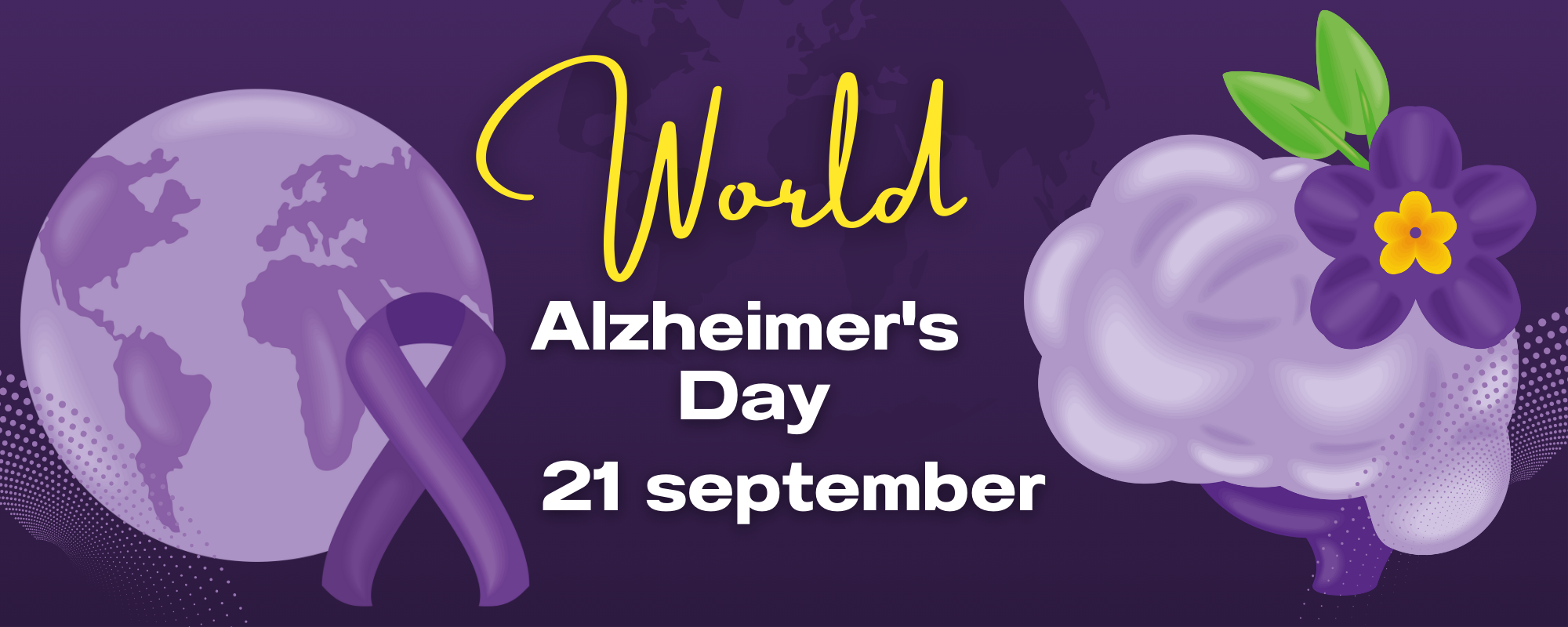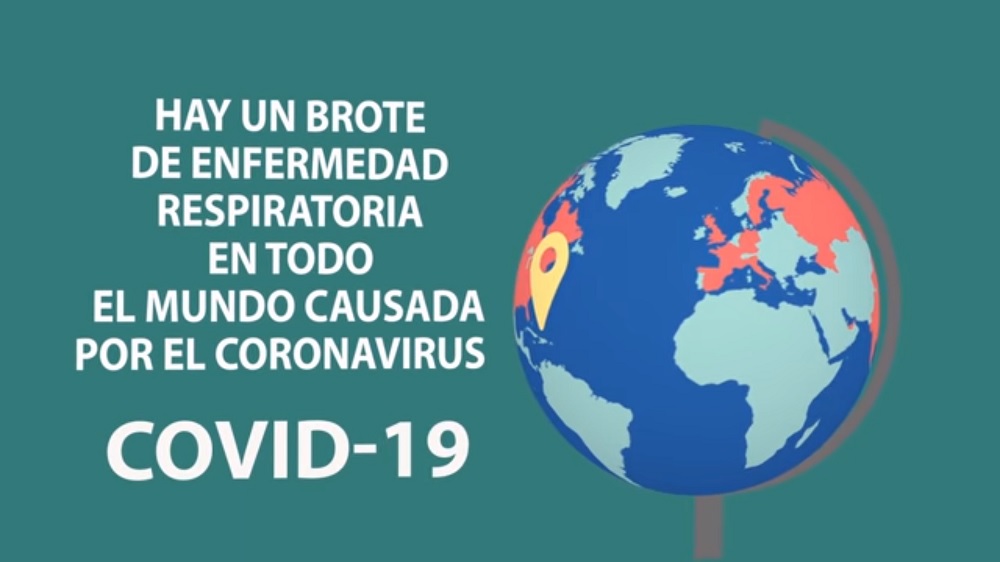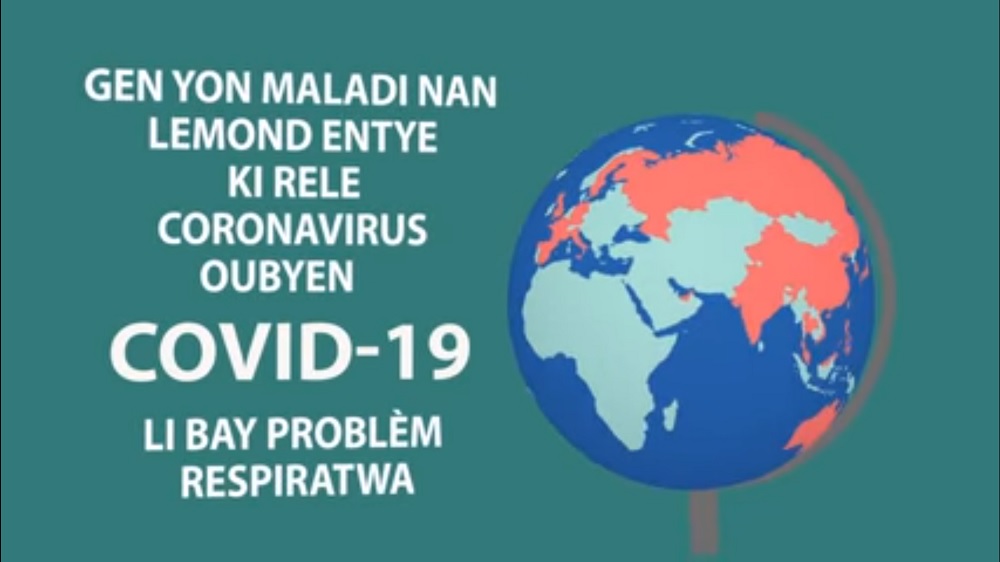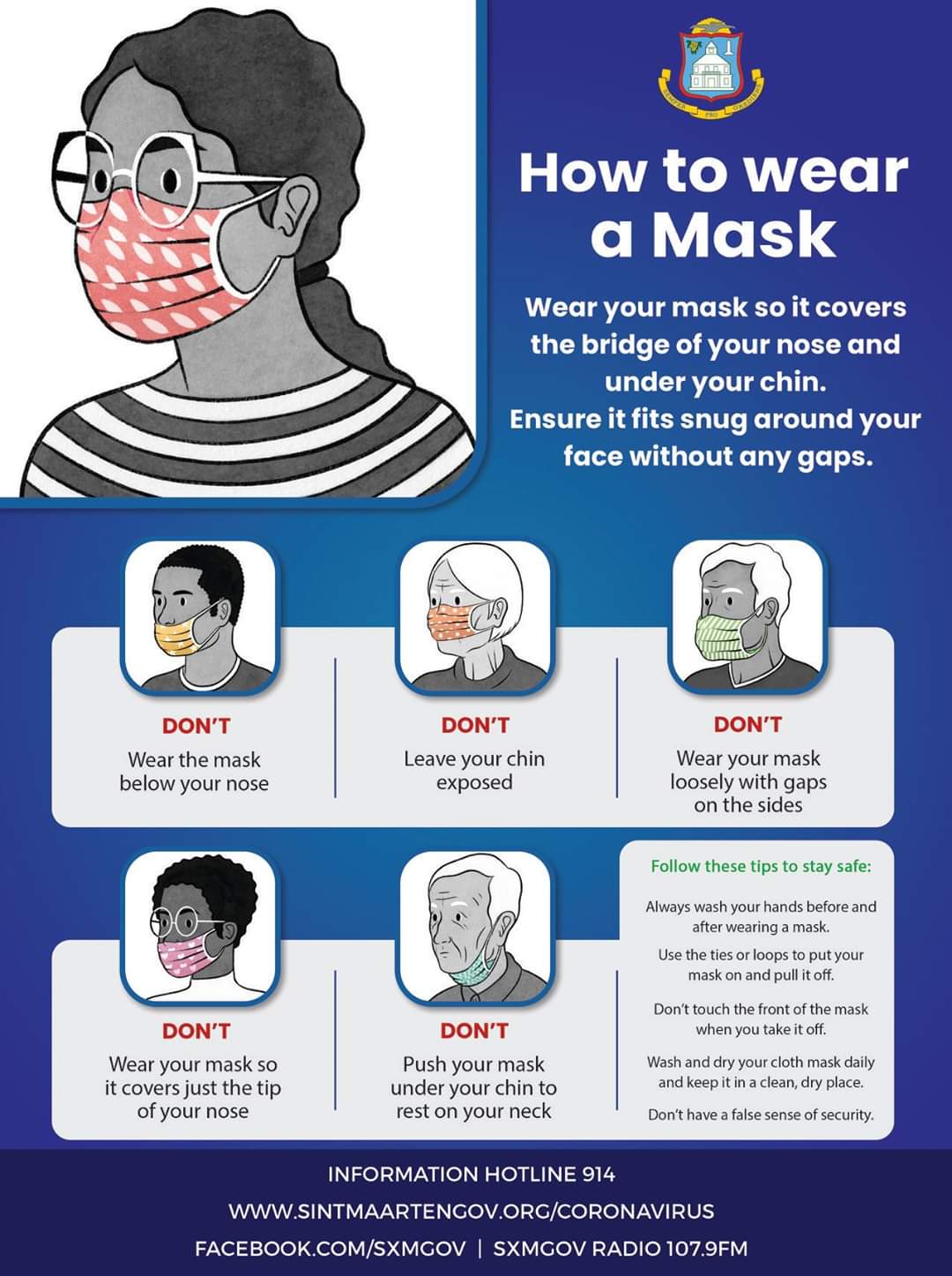80% OF PEOPLE THINK DEMENTIA IS A NORMAL PART OF AGEING AND NOT A MEDICAL CONDITION.
World’s largest dementia study reveals that globally:
• 8 out of 10 persons (80% of the general public) think that dementia is a normal part of ageing and do not consider it a medical condition (66% in 2019).
• 2 out of 3 health and care professionals (65%) incorrectly believe dementia is a normal part of ageing (62% in 2019).
• 9 out of 10 people living with dementia (88%) indicate experiencing discrimination (83% in 2019).
• 3 out of 10 of people living with dementia (31%) avoid social situations due to concerns regarding the reactions of others
• 5 of 10 caregivers (47%) stopped accepting invitations to visit family and friends.
• Among the general public, most respondents feel more confident to challenge dementia stigma and discrimination than they did in 2019, especially in high-income countries (64%).
Philipsburg, FRIDAY 20 SEPTEMBER – Results from the world’s largest global survey on attitudes to dementia reveal that stigma around this health condition is still very much present among the general public and even healthcare professionals. The World Alzheimer Report 2024 published by Alzheimer’s Disease International (ADI), was underpinned by a survey which was analysed by London School of Economics and Political Science (LSE).
8 out of 10 persons (80% of the general public) think that dementia is a normal part of ageing
They found a shocking 80% of the public still incorrectly believe dementia is a normal part of ageing rather than a medical condition. This percentage is 14% higher than in 2019 when the survey was last conducted.
CEO of Alzheimer’s Disease International Paola Barbarino says: “This inaccurate view of dementia is a major concern, particularly from healthcare professionals, as it can delay diagnosis and access to the right treatment, care, and support,” no, adding that this comes at a time when new treatments are being approved around the world, alongside breakthroughs in diagnostics.”
“We need our healthcare professionals to more readily understand that dementia is a medical condition caused by a set of diseases, Alzheimer’s being the most prevalent, so that a correct diagnosis can be given, opening the door for a combination of treatments, care, and support that can enable people to live well for longer, to remain at work, at home, and in the community.”
Approximately 9 of 10 persons living with dementia (88%) have experienced stigma
ADI says ongoing misconceptions about dementia are perpetuating stigma for people who have the condition.
Elco Rosario, well known citizen of St Maarten, lives with dementia which was diagnosed last year as dementia caused by Alzheimer’s Disease. “I started to forget things. They said I was repeating things over and over again. People were seeing me walking and were talking about me with others, and were avoiding me. I thought that forgetting things is something normal when you get older. Why people started to avoid me? I am still the same Elco Rosario. I did not know that these were signs of a developing dementia condition. My family reached out to the St Maarten Alzheimer’s Foundation and I got to know much more about what was happening in my brain. I was happy when I could go to radio interviews and information evenings about Alzheimer’s to tell others about what I experience. With acceptance and help from my good friend Minlow and his wife from Merengue Bar, from mister Jessurun of the Alzheimer’s foundation and neurologist Dr Marquez from SMMC, I can live much better now. I am going to live now with my family in Curacao after having been in St Maarten for more than 40 years.”
The World Alzheimer’s Report 2024 contains 24 essays from experts around the world about overarching issues related to attitudes regarding dementia, as well as case studies of stigma and initiatives to address it. Here a few statements of contributors in the report:
For Brother John-Richard Pagan, one of the contributors to the report, his biggest challenge was getting people to believe him when he said there was a problem. “Ageism is rampant... People assume that if you are under the age of 65, there is no way that you can be having issues with cognitive impairment. They just don’t take you seriously.” Natalie Ive, who also wrote an essay in the World Alzheimer Report 2024, was told she “didn’t look like she had dementia” because she was diagnosed with younger-onset at the age of 47. Emily Ong, a person living with dementia, says that many healthcare practitioners she has encountered through her advocacy work have disclosed they had received very limited medical training on dementia, which may have contributed to their perception that dementia is a normal part of the ageing process. “The most concerning part of this is how it could lead to delayed, wrong, or missed diagnosis,” she says.
There is also good news. Drs Raymond Jessurun secretary of the St Maarten Alzheimer’s Foundation after reading the report acknowledges that now more persons interviewed felt more confident to tackle stigma than in 2019. We all can make a change through supporting World Alzheimer’s Month. He applauded the Ministry of Public Health Social Development and Labor for have taken the initiative to raise awareness about dementia in collaboration with the Collective Preventive Services, the Alzheimer’s Foundation, the White & Yellow Cross Foundation and the Henry Ostiana Foundation.
More persons interviewed are aware of the effects of their lifestyle on the risk of developing a dementia condition: over 58% of the general public is agreeing now that dementia is caused by an unhealthy lifestyle and 45% of persons living with dementia reported to have been impacted by 14 modifiable risk factors. Even though this is important progress, we still have a long way to go to get everyone in our Caribbean region to agree with this and to act upon this.
The consequences of stigma: Isolation a prominent issue for people living with dementia
The report also concluded that due to increasing stigma, people living with dementia are isolating themselves: 31% of people living with the condition avoided social situations and 36% stopped applying for work, through fear of being stigmatised. What is also worrisome is that 47% of family caregivers stopped accepting invitations to visit friends and family and 43% stopped inviting people over.
“We know that social isolation is a risk factor for developing dementia and can worsen symptoms or mental health, this is therefore incredibly concerning.”
The CEO of Alzheimer’s Disease International Paola Barbarino believes that we can change this sitigma surrounding dementia: “Encouragingly, in a year when over 2 billion people around the world are eligible to vote in elections, our survey found that more than 80% of the general public believe that they can change the support provided to people with dementia through their vote. We need to galvanise people and create a movement, to advocate to political leaders that the time to act on dementia is now.”
About Alzheimer’s Disease International
ADI is the international federation of 105 Alzheimer associations and federations around the world, in official relations with the World Health Organization. ADI's vision is prevention, care and inclusion today, and cure tomorrow. ADI believes that the key to winning the fight against dementia lies in a unique combination of global solutions and local knowledge. ADI works locally, by empowering Alzheimer's associations to promote and offer care and support for persons with dementia and their care partners, while working globally to focus attention on dementia and campaign for policy change.
For more information, please visit www.alzint.org
World Alzheimer’s Month
September is World Alzheimer’s Month, an international campaign to raise dementia awareness and challenge stigma. Each year, Alzheimer and dementia associations, alongside all those involved in the treatment, care and support of people with dementia, from around the world unite to organise advocacy and information provision events, as well as Memory Walks and fundraising days. September 21 is World Alzheimer’s Day.e










